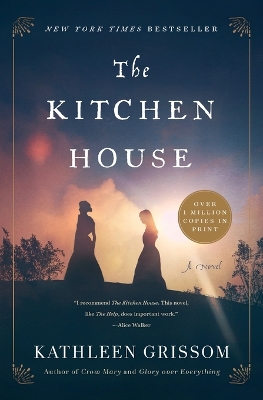Reviewed by ibeforem on
Overall, I thought this book gave us a unique point of view of slavery and life on a plantation, and it felt authentic for the time period and location (in my part of the world, no less!). The subject of enslaved white people is one that’s not often explored, and I appreciated this deviation from the usual.
Reading updates
- Started reading
- 24 February, 2010: Finished reading
- 24 February, 2010: Reviewed
